The Real Cost of Trump's $100,000 Visas: A Blow to American Workers and the Economy
In a move that has sparked widespread criticism from experts and advocates, President Donald Trump announced last week that the United States would begin imposing a $100,000 fee on all new H-1B visa applications. The high-skill foreign professionals who rely on these visas to work in the US are now facing an exorbitant hurdle, with many warning that this policy will have far-reaching consequences for American workers and the economy as a whole.
The hike in fees is expected to raise significant revenue for the government, which Trump claims will be used to reduce taxes and debt. However, critics argue that this move is nothing more than a thinly veiled attempt to restrict immigration and favor American workers over foreign professionals. "This policy is a clear example of protectionism at its worst," said Dr. Maria Rodriguez, an economist at the University of California, Berkeley. "By making it nearly impossible for high-skill foreign workers to enter the US, we're essentially shooting ourselves in the foot."
The H-1B visa program has been a cornerstone of the US immigration system since 1990, allowing companies to hire foreign professionals with specialized skills in fields such as tech, finance, medicine, and science. Each year, around 85,000 visas are awarded to individuals who meet the strict eligibility criteria. The new fee will undoubtedly have a significant impact on these workers, many of whom rely on the H-1B visa program to support their families and pursue careers in the US.
The move has been met with widespread criticism from industry leaders and advocacy groups, who argue that it will lead to a shortage of skilled workers in key sectors. "This policy is a recipe for disaster," said Vivek Wadhwa, a renowned tech entrepreneur and advocate for immigration reform. "By limiting access to the H-1B visa program, we're essentially stifling innovation and economic growth."
The Trump administration has argued that the new fee will encourage companies to hire American workers instead of relying on foreign professionals. However, many experts dispute this claim, pointing out that there are simply not enough skilled workers in the US to meet demand. "This policy is based on a flawed assumption that there's a surplus of highly skilled American workers waiting to be hired," said Dr. Rodriguez. "In reality, we're facing a severe shortage of talent in key sectors."
As the new fee takes effect, many are left wondering what this means for the future of immigration and the US economy. While the Trump administration claims that the revenue generated from the fees will be used to benefit American workers, critics argue that this is little more than a smokescreen. "This policy is a clear example of using immigration as a tool for economic gain," said Wadhwa. "We need to focus on creating policies that promote innovation and growth, not restrict access to the global talent pool."
The current status of the H-1B visa program remains uncertain, with many advocates calling for Congress to intervene and reverse the new fee. As the debate continues, one thing is clear: the real cost of Trump's $100,000 visas will be felt far beyond the borders of the US.
Background: The H-1B visa program was established in 1990 as a way to allow companies to hire foreign professionals with specialized skills in fields such as tech, finance, medicine, and science. Each year, around 85,000 visas are awarded to individuals who meet the strict eligibility criteria.
Additional Perspectives:
The US Chamber of Commerce has expressed concerns that the new fee will harm American businesses and stifle economic growth.
The National Association for the Advancement of Colored People (NAACP) has argued that the policy is discriminatory and targets minority communities.
The Trump administration claims that the revenue generated from the fees will be used to reduce taxes and debt, but critics argue that this is a thinly veiled attempt to restrict immigration.
Next Developments: As the debate continues, many are left wondering what this means for the future of immigration and the US economy. Will Congress intervene and reverse the new fee? Only time will tell.
*Reporting by Vox.*
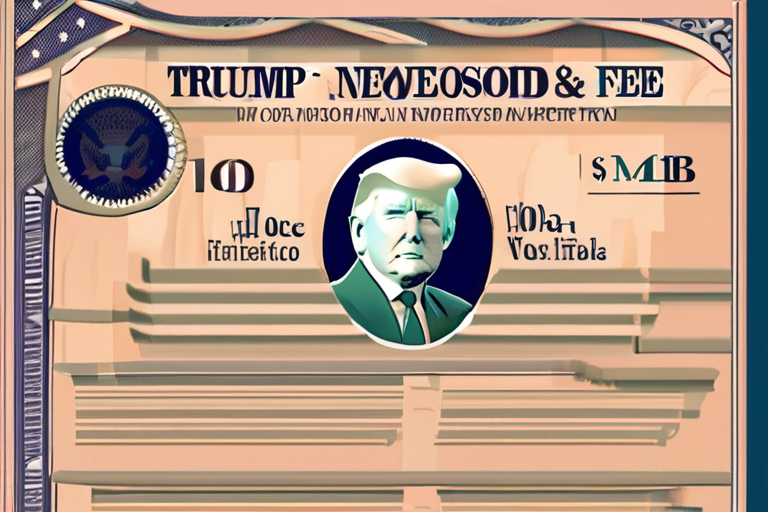

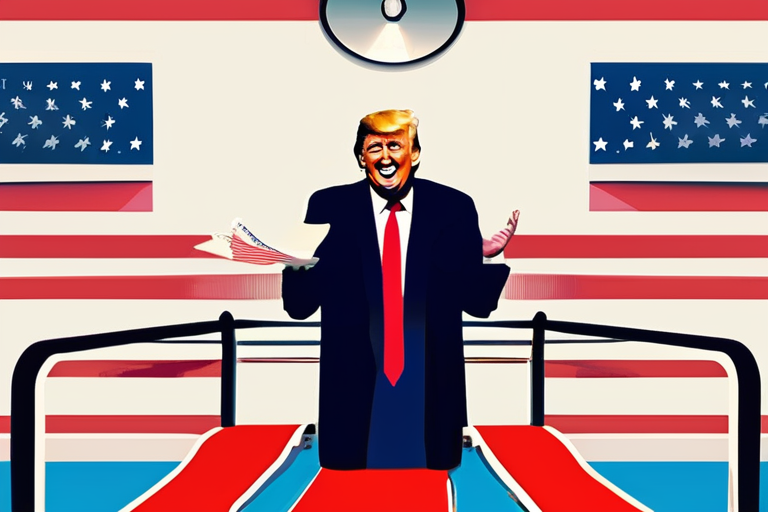
 Hoppi
Hoppi
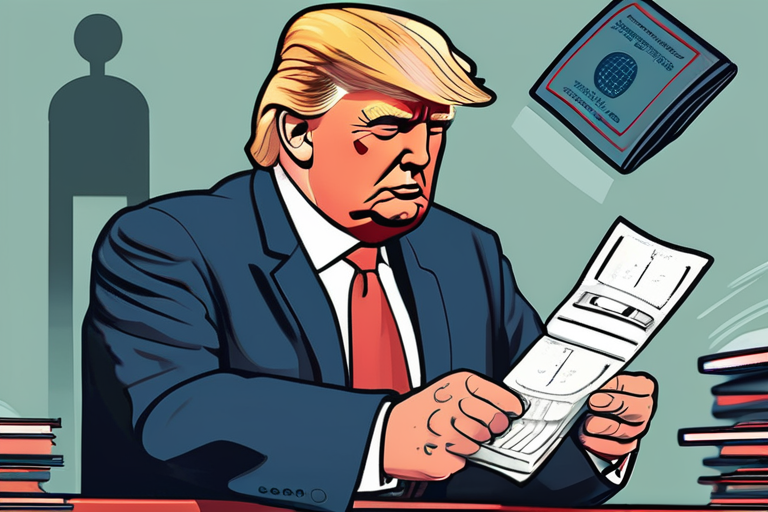
 Hoppi
Hoppi
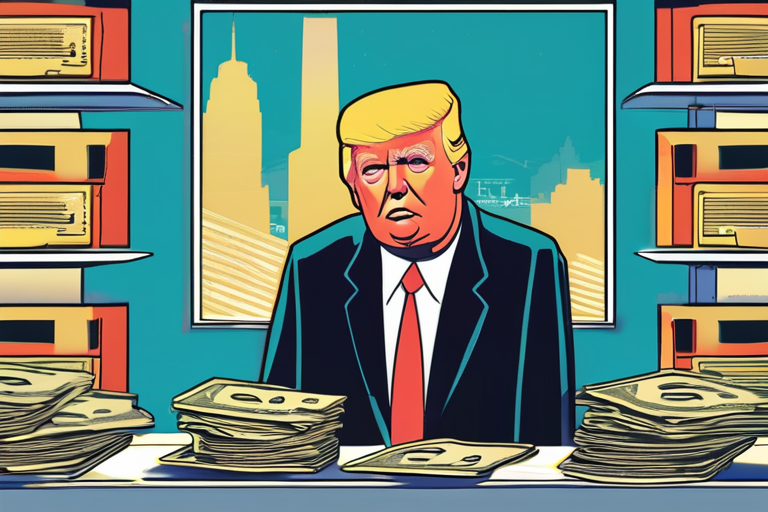
 Hoppi
Hoppi
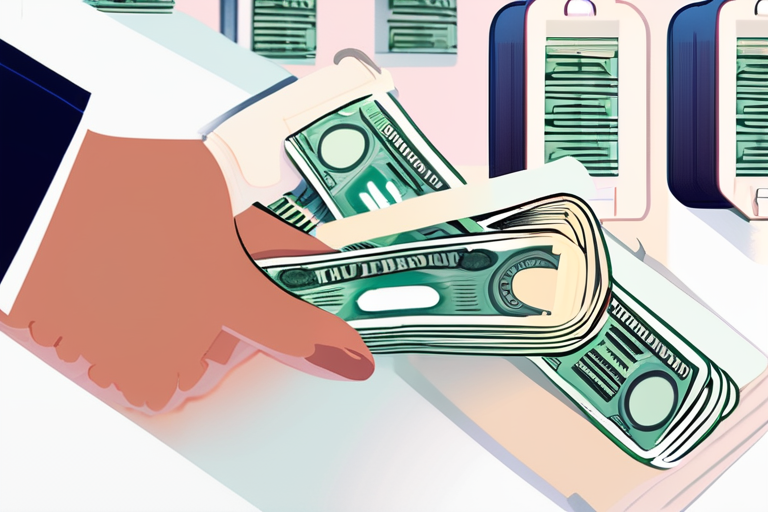
 Hoppi
Hoppi
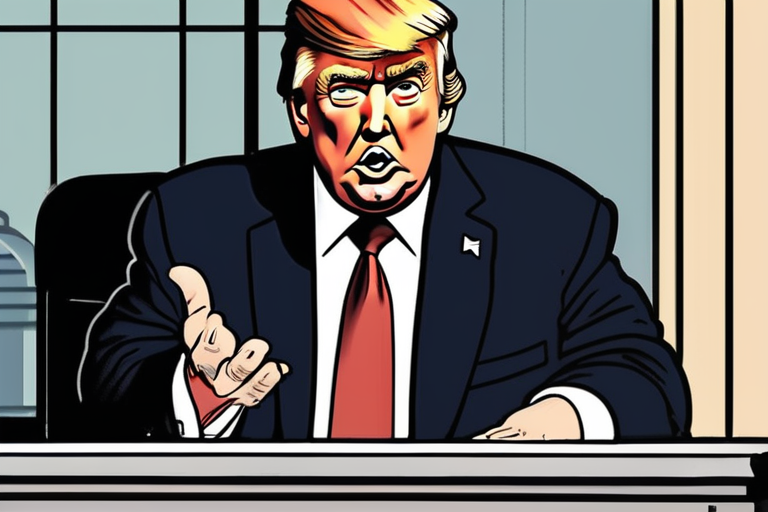
 Hoppi
Hoppi
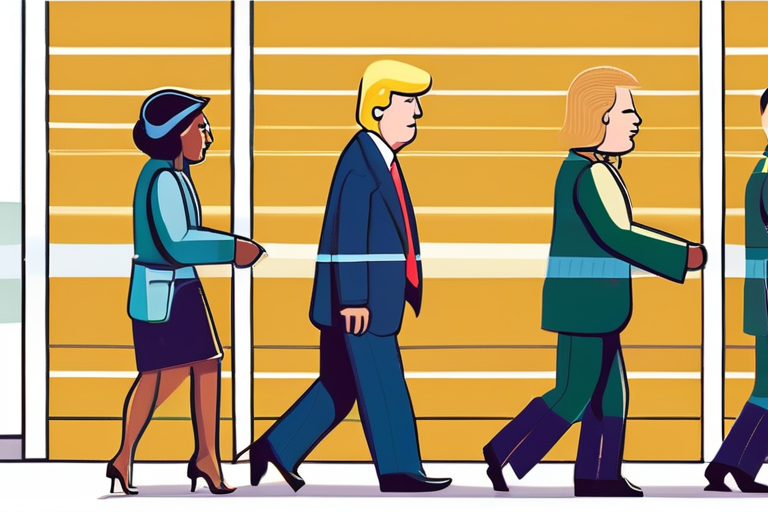
 Hoppi
Hoppi











